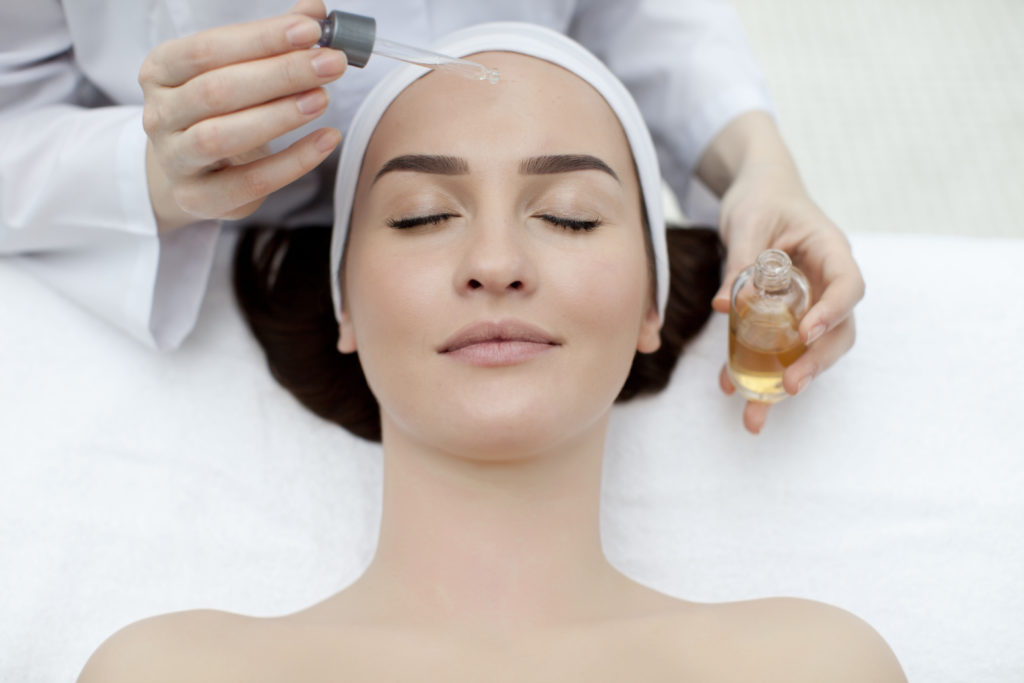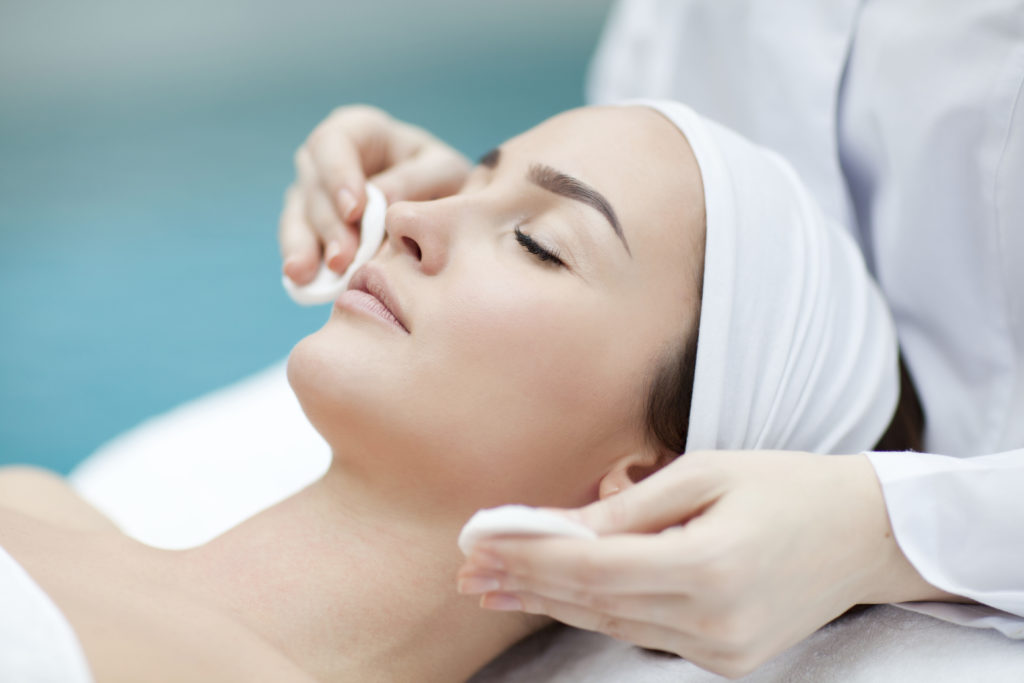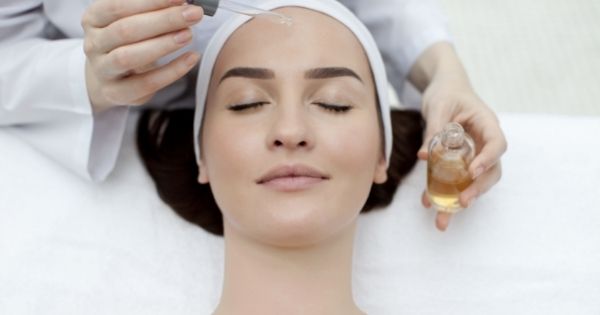
Chemicals and the Skin: What Esthetic Students Should Know
When it comes to getting ready every day, the one problem you don’t want to have is a chemical reaction. This is why knowing your skin or the skin you are working on is so important. In this article, you will learn how chemicals affect or benefit the skin, and how you can provide the best treatment as an esthetic student in the esthetician program.
Chemical Reaction Types
Most chemicals in skin care break down into three categories: allergens, carcinogens, and endocrine disruptors. It is within these categories that the most harm can be done. Most chemicals are harmful when they act as one of these three types of classifiers. These classifiers are defined as:
- Allergen: A substance that can cause an allergic reaction. Examples: fragrances, preservatives.
- Carcinogen: Any substance that causes cancer. Examples: formaldehyde, mineral oils.
- Endocrine disruptor: Chemicals that may interfere with the body’s endocrine system and produce adverse developmental, reproductive, neurological and immune defects. Examples: BPA, dioxin, phthalates.
- Endocrine system: The endocrine system includes the pituitary gland, thyroid gland, parathyroid glands, adrenal glands, pancreas, ovaries and testicles.
FDA Regulations
It is incredibly important to know which ingredients cannot be in your cosmetics. With this information, you can make more evidence-based decisions about what products you want or can use. The FDA has regulations against the following ingredients in cosmetics:
- Bithionol
- Chlorofluorocarbon propellants
- Chloroform
- Halogenated salicylanilides (di-, tri-, metabromsalan and tetrachlorosalicylanilide)
- Hexachlorophene
- Mercury compounds
- Methylene chloride
- Prohibited cattle materials
- Sunscreens in cosmetics. Use of the term “sunscreen” or similar sun protection wording in a product’s labeling generally causes the product to be subject to regulation as a drug or a drug/cosmetic, depending on the claims.
- Vinyl chloride
- Zirconium-containing complexes

Knowing Your Tools
If you know about the things that shouldn’t be in your cosmetics and skin care products, you have a much better chance of doing great work. But how can you avoid them altogether?
Read the labels/check the dates: On the back of every piece of make-up, cosmetics, or skincare product, there is a list of ingredients and a little jar symbol. This symbol will have a number that tells how many months a product can be open before it is considered expired. When you keep your products within this time frame, there is a better chance of them working and not causing a chemical reaction. Never purchase products that were opened before you purchase them.
Know your ingredients: When looking at the list of ingredients, if one does not sound right or you are not sure what it is, look it up. This simple Google search can be the difference between a major chemical reaction and an amazing, flawless look.
Use your voice: Although most companies know which ingredients they are sending to their consumers, some may not. This is where you come in. By speaking up for yourself, your clients, and the others in your life who use these products, you are truly making a difference. Don’t think so? In 2017, CVS decided to remove chemicals from almost 600 beauty products. This change came about because of normal people who just wanted greener, healthier, and chemical-safe products.
Learn More About Ogle School
At the Ogle School, we pride ourselves on providing great schooling to our students and great services for our community. Knowing your products and making conscious decisions on which ones to use is just one of the many lessons we teach our students about striving in the cosmetic world. Check out our website today to learn how to request information and start your first steps into a beautiful future at a facial beauty school near you!





